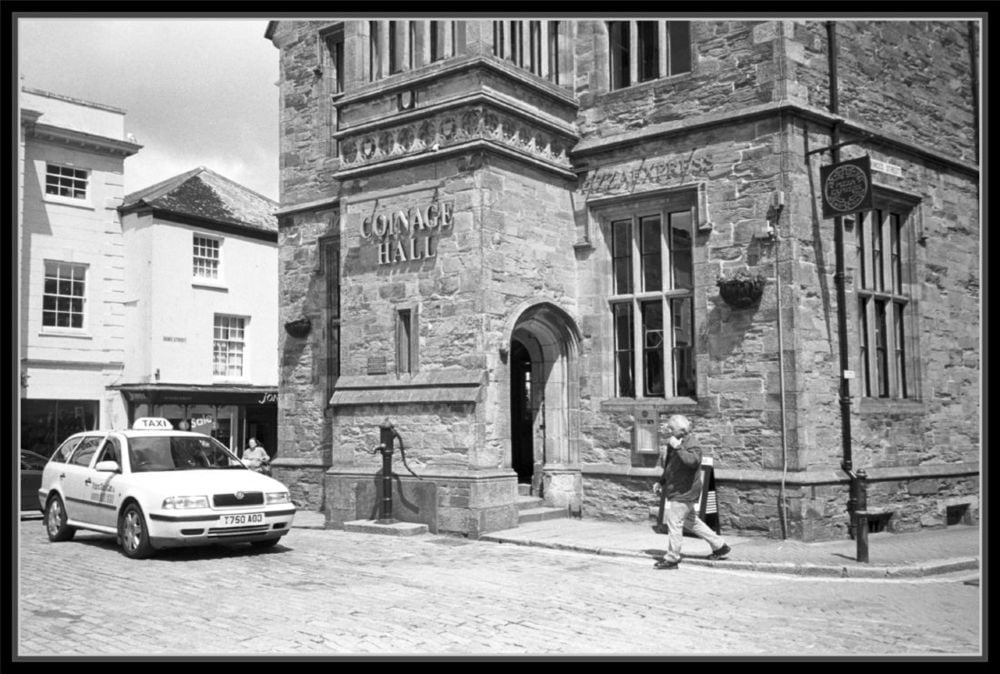John Bragg
Well-known
Hi all.
I love a photo that seems to glow with bright vibrant tones whilst keeping highlights as real as possible. what is your favorite recipe for this? My current favorite is Tri-X exposed generously @ ei200 and developed in
HC-110h.

I love a photo that seems to glow with bright vibrant tones whilst keeping highlights as real as possible. what is your favorite recipe for this? My current favorite is Tri-X exposed generously @ ei200 and developed in
HC-110h.






